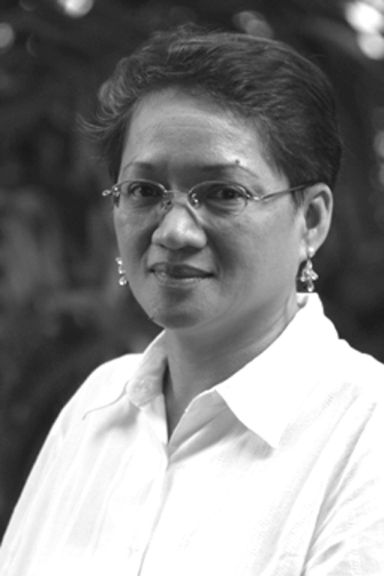
APALISOK
World leaders and international diplomats are closely watching Pope Francis’ five-day state visit to Myanmar and neighboring Bangladesh (November 27 to December 2).
Observers are keen to watch his diplomatic strategies in the heart of Asia where religious conflicts and fragile democracies straddle a humanitarian crisis — the slaughter of Rohingya Muslims living in Myanmar’s western state of Rakhine.
The Rohingyas are descended from Bengali Muslims of Bangladesh who were driven out owing to religious conflicts between the majority Sunnis and minority Bangladeshi Bengalis believed to be practicing a radical brand of Islam.
Persecution forced them to flee to neighboring Buddhist Myanmar, but unfolding events illustrate the maltreatment in Bangladesh may be nothing compared to their suffering in Myanmar.
In August this year, Rohingya militants attacked local police outposts and killed 12 people, forcing the military to exact a bloody vengeance.
The scale of the retaliation against a few militants was so terrible that leaders across the globe described the security crackdown as “textbook ethnic cleasing.”
More than 1,000 people have been killed and more than 620,000 have fled to neighboring Bangladesh.
The US and the United Nations have called out Myanmar’s military and civilian rulers, but they continue to be in denial.
Driven out by the Bangladeshis and unwanted by Myanmar, the Rohingyas themselves described their tribe as a “football” community. It’s not intended to be a sick joke, and nobody is laughing.
There are no indications that Myanmar’s civilian and military rulers are about to step back so that the Pontiff’s apostolic mission carries a good amount of high expectations from those who believe in the power of prayer and grace. Meanwhile, people attuned to the tactics of the ruling one-party autocracy are skeptical about the Pope’s prospects.
They have reasons to believe Pope Francis will go home empty-handed because even his own representative in Myanmar, Cardinal Charles Maung Bo, cautioned him not to mention the word “Rohingya.”
The government’s hard-line stance is meant to deprive the Rohingyas of any semblance of legitimacy including their identity.
Will Pope Francis steer away from the “R” word during his 21st apostolic visit?
I think he will, not because he wants to play politics but because he does not want to place the minority Christians in the line of fire. As Cardinal Bo pointed out, a political disturbance by the church could be costly.
Christians are a minority in both countries.
Buddhist Myanmar hosts some 750,000 Christians composed of Catholics and Protestants who have significantly developed the country’s poor farming communities through their missionary work. Because of their contribution to human development, Christians are generally able to work in Myanmar minus any form of harassment.
There are stringent rules though, should they want to acquire land and build more churches. There are also reports that Christians do not have full access to education and health services. Despite these severe measures imposed by the military junta since the 1960s, Christianity has thrived in Myanmar.
Having said that, I believe the Pope will not rock the boat by uttering the “R” word.
* * *
Cebu Archbishop Jose S. Palma is now in Myanmar to join the gathering of Vatican officials.
I understand he intends to take up with the Pontiff the beatification of Bishop Teofilo Camomot if the Cebu prelate can.
The cause for the canonization of Bishop Camomot was initiated by the late Cebu Archbishop Emeritus Ricardo Cardinal Vidal.
RCV’s zeal in the cause to declare Bishop Camomot a saint lies in his legendary humility and generosity. But it was his miraculous ability to bilocate or to be in two distinct places at the same time that struck many of his confreres, RCV included, and convinced them Bishop Camomot was a living saint.
Sainthood is a slow and rigorous process so I think that if Archbishop Palma decides to take it up with the Holy Father, who needs to stay focused on the humanitarian crisis at hand, the former will have to play it by ear.

